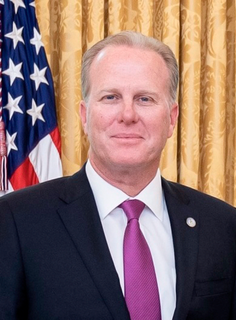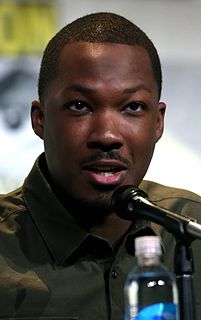A Quote by Alan Paton
It was not his habit to dwell on what could have been, but what could never be.
Related Quotes
But he could not taste, he could not feel. In the teashop among the tables and the chattering waiters the appalling fear came over him- he could not feel. He could reason; he could read, Dante for example, quite easily…he could add up his bill; his brain was perfect; it must be the fault of the world then- that he could not feel.
I've been writing poems since I was in the Navy - to Rosalynn. I found I could say things in poems that I never could in prose. Deeper, more personal things. I could write a poem about my mother that I could never tell my mother. Or feelings about being on a submarine that I would have been too embarrassed to share with fellow submariners.
I had learned to dwell with pleasure as a beloved daydream on the thought of the separation of these elements. If each I told myself could be housed in separate identities life would be relieved of all that was unbearable the unjust might go his way delivered from the aspirations and remorse of his more upright twin and the just could walk steadfastly and securely on his upward path doing the good things in which he found his pleasure and no longer exposed to disgrace and penitence by the hands of this extraneous evil.
I don't think that either self-deprecation or self-aggrandizement is among the defining qualities of an artist... Beethoven could have been forgiven if his symphonies had gone to his head. Gretchaninoff could also be forgiven if his Dobrinya Nikititch went to his head. But neither one could be forgiven for writing a piece that was amoral, servile, the work of a flunky.
This result could have been achieved either by his [God] endowing my intellect with a clear and distinct perception of everything about which I would ever deliberate, or simply by impressing the following rule so firmly upon my memory that I could never forget it: I should never judge anything that I do not clearly and distinctly understand.
And the rules were so clear, you could not deviate from that all. And I think it especially damaged my sisters because there was nothing they could do to get my father's attention, to win his approval. They could not play sports. They could not do these other things. They could not be tough. They could not be macho. And so I think they suffered just from sheer neglect if nothing else.
Behind the newspaper Julian was withdrawing into the inner compartment of his mind where he spent most of his time. This was a kind of mental bubble in which he established himself when he could not bear to be a part of what was going on around him. From it he could see out and judge but in it he was safe from any kind of penetration from without. It was the only place where he felt free of the general idiocy of his fellows. His mother had never entered it but from it he could see her with absolute clarity.
I could have grabbed his shirt collar. I could have pulled him close to me, so close he could feel my breath on his skin, and I could have said to him, "This is just a crisis. A flash! A single match struck against the implacable darkness of time! You are the one who taught me to never give up. You taught me that new possibilities emerge for those who are prepared, for those who are ready. You have to believe!
How could he convey to someone who'd never even met her the way she always smelled like rain, or how his stomach knotted up every time he saw her shake loose her hair from its braid? How could he describe how it felt when she finished his sentences, turnec the mug they were sharing so that her mouth landed where his had been? How did he explain the way they could be in a locker room, or underwater, or in the piney woods of Maine, bus as long as Em was with him, he was at home?






































